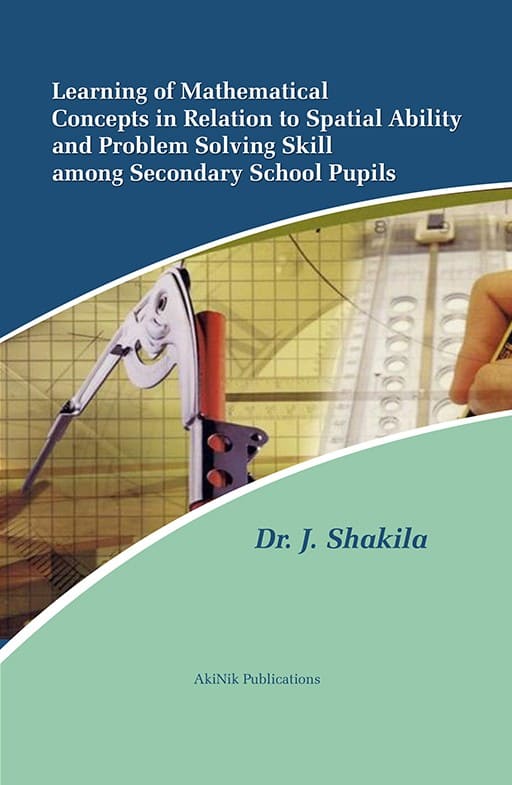Description
"Learning of Mathematical Concepts in Relation to Spatial Ability and Problem-Solving Skill among Secondary School Pupils" explores the connection between cognitive skills—specifically spatial ability and problem-solving—and students' success in learning mathematics. The book delves into how spatial reasoning skills, such as mental visualization, shape students' understanding of mathematical concepts, especially in geometry and algebra. The study also examines how problem-solving techniques, including strategy selection and logical reasoning, affect students’ ability to tackle complex mathematical problems. Through empirical research, the book provides evidence that enhancing spatial skills can improve mathematical problem-solving performance. It further explores how teachers can incorporate activities that boost spatial thinking and problem-solving strategies into the mathematics curriculum. With its practical findings, this book offers insights for educators, psychologists, and curriculum planners to design teaching methods that foster both spatial abilities and problem-solving skills, ultimately improving students' overall mathematical achievement.
